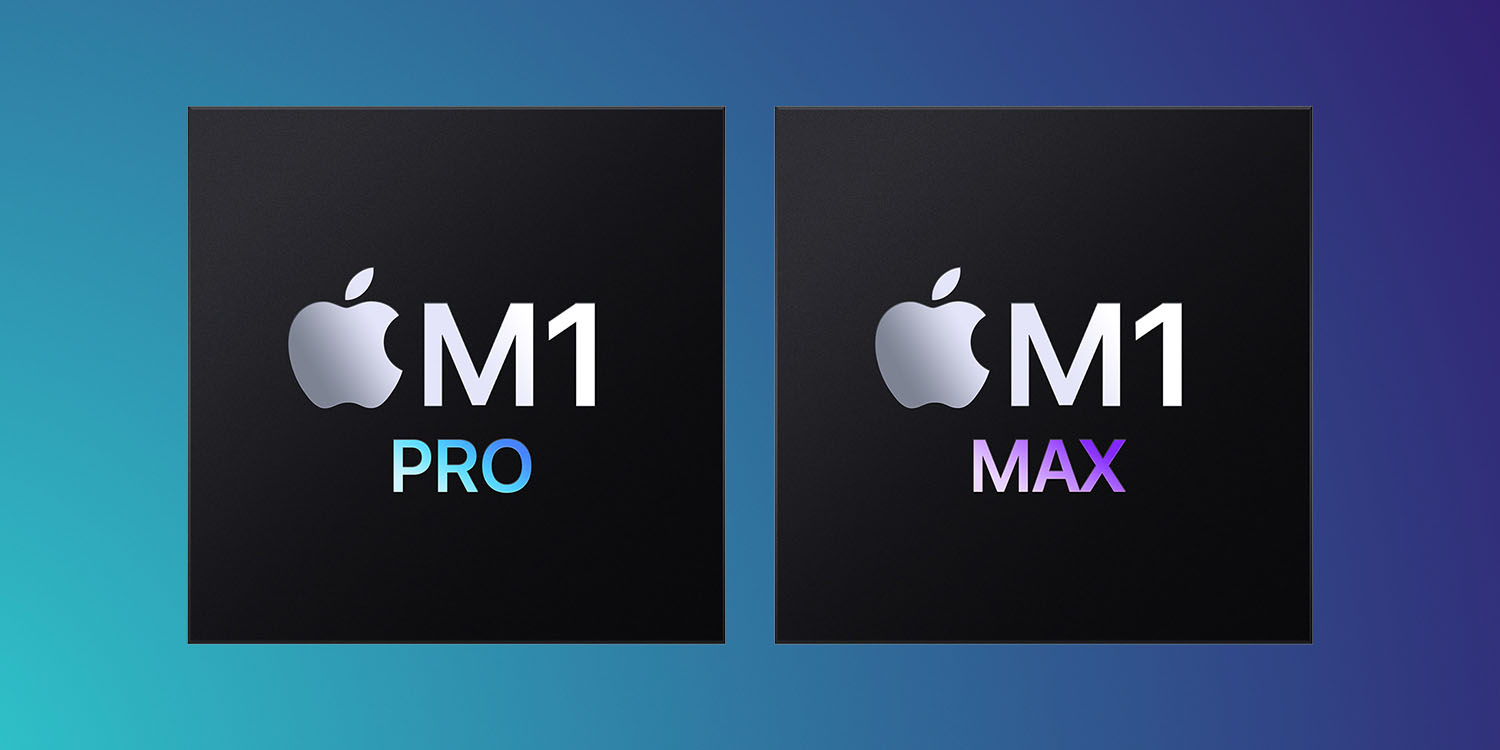
A new piece today argues that Apple chipmaker TSMC is at ever-growing risk from China, and questions the wisdom of the Cupertino company allowing itself to become wholly dependent on a single company.
With the US now actively seeking to hamper China’s own chip fabrication industry by imposing export controls on chipmaking equipment, there are fears that this greatly increases the chances of either TSMC or Taiwan as a whole suffering retaliatory measures …
Backgrounder on Taiwan
The Chinese government views the island as a territory of its own country. Taiwan, in turn, still technically claims control of mainland China, but makes no practical moves to exert power, being content to view itself as an independent nation.
Taiwan has its own constitution, elections, passport, currency, and armed forces.
However, China refuses diplomatic relations with any country that recognizes Taiwan’s independence, so most Western countries play an uneasy game of pretending not to, by having “representative offices” on the island – which are embassies in all but name.
The threat of a forcible Chinese takeover of Taiwan has been an ever-present one. However, one of the main deterrents has been America’s Taiwan Relations Act. This creates a legal obligation on the US to help Taiwan defend itself against a Chinese invasion. However, the global response to Russia’s invasion of Ukraine demonstrated to China that while it might face economic risks by invading Taiwan, it was unlikely to face military ones, for fear that it might ignite nuclear war.
US economic war on Chinese chipmaking
With US chipmakers left in the dust behind TSMC’s advanced processes, both the US and China have been trying to catch up. In the US, The CHIPS Act offers incentives to both US and foreign chipmakers to create plants in America, with US speaker Nancy Pelosi visiting TSMC to discuss this among other things.
China was already upset by what it saw as unfair US subsidies, and was even more aggrieved by Pelosi’s visit. It retaliated by disrupting supplies from Taiwan in order to hit back at companies like Apple, which rely on Taiwanese imports.
The US government has since imposed bans on the export of advanced chipmaking equipment to China, in order to hamper competition.
Apple chipmaker TSMC fears retaliation
The greatest fear is that China will be emboldened by the ineffectual international response to Russia’s invasion of Ukraine, and might invade Taiwan. This is something security services in both the US and UK have warned is a real possibility.
Even leaving this danger aside, a growing number of analysts told the Financial Times that China is likely to react strongly to US interference in its chipmaking plans.
As competition between the US and China heats up and the risk of a military conflict over Taiwan increases, Washington is seeking to both cut Beijing off from supplies of key advanced semiconductors and reduce its own dependency on Taiwan for chip supplies.
Both of those objectives potentially undermine TSMC, whose success is built on serving customers in all markets and a on doing so from a cost-efficient cluster of plants almost entirely in Taiwan […]
“On the one hand, the US pressures TSMC to move to the US. On the other, it is waging technology war on China, pushing tension to a higher level that puts Taiwan at risk,” says Jason Hsu, a former Taiwanese lawmaker and now a senior fellow at the Harvard Kennedy School.
Apple is at more risk than anyone, being 100% dependent on TSMC for the production of its A-series and M-series chips, and more.
“I have been surprised by Apple and AMD deciding to allow themselves to get SO reliant on one supplier,” says Dan Nystedt, vice-president at TriOrient, an Asia-based private investment company. “That’s risky. Even without geopolitics, there are earthquakes, power shortages. Why does Apple accept that their whole company would have to shut down if TSMC were shut down?”
TSMC is building a chip fabrication plant in Arizona, and it has been suggested that this could make Apple processors, but as yet the plans don’t include either the latest chip generations nor anything like the scale needed for A-series and M-series chips.
FTC: We use income earning auto affiliate links. More.






Comments